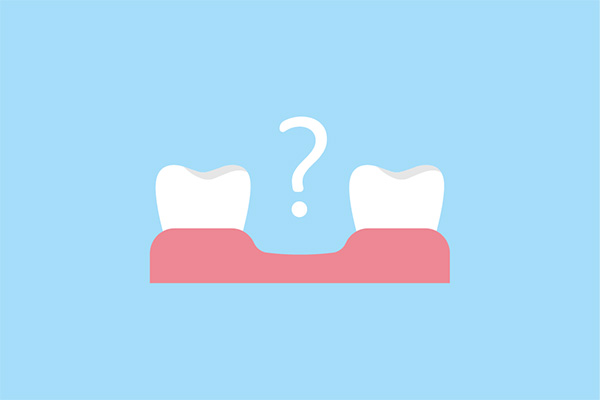3 Questions to Ask Your Dentist About an Oral Cancer Screening

An oral cancer screening aims to identify any precancerous or cancerous lesions. Studies show that the number of throat and mouth diagnoses has been increasing over the years. That is why the concern for the possibility of having this disease is increasing as well. If you are thinking about seeing your dentist for an oral cancer screening consultation, here are three basic questions you can ask.
1.What are the limitations of an oral cancer screening?
An oral cancer screening cannot identify all oral cancers. It can be challenging to detect some areas of cell mutation through visual inspection. It is possible for a precancerous or cancerous lesion to remain undetected after the screening. That is why an oral cancer screening may need other types of tests. Mouth sores are common and not all of them are cancerous. A simple oral exam cannot categorize sores as cancerous or non-cancerous.
A dentist can spot a strange sore during an oral cancer screening. This can prompt more testing to see what caused it. A biopsy can remove a sample of these cells and then test them for cancer. This will finalize whether a sore is cancerous or not.
There is still no evidence of an oral cancer screening ever saving lives. The aim of this screening is to look for oral cancer signs. Early treatment can then happen. This can prevent oral cancer deaths.
2.What are the usual oral cancer symptoms and risk factors?
Some healthcare professionals often mistake oral cancer symptoms for less threatening conditions. Mild yet persisting symptoms are enough to see the dentist. Symptoms include voice changes, a mouth sore that does not heal, and a thickening tissue in the cheek. The patient may also experience persistent mouth, jaw, and throat pain. There may also be a red or white patch on the soft tissues of the mouth. That is why an oral cancer screening is an order.
This type of cancer often begins as thin and flat cells in the lining of the mouth. Even if the cause of these changes is unclear, several factors may increase a person’s risk of oral cancer. These risk factors include heavy tobacco or alcohol use and excessive sun exposure. HPV (human papillomavirus) infection is also a risk factor.
3.What are the typical treatments after oral cancer screening?
Oral cancer treatments may be possible with multiple therapies or a single therapy. The patient gets the type of therapy based on the cancer’s level of advancement and origin. Surgery can remove localized oral cancer. This can also remove recurrent and advanced cancers. At this stage, radiation therapy, targeted therapy, and chemotherapy happen after the surgery.
Mohs micrographic surgery removes lip cancer. Tumor resection is the process of removing the whole tumor and some of the surrounding soft tissue. Maxillectomy removes part of or all of the hard palate. Glossectomy is the removal of a tongue. Mandibulectomy is the removal of part of or all of the lower jawbone. Neck dissection is the removal of most of the lymph nodes from one side of the neck.
An oral cancer screening can help provide early, lifesaving treatments
Oral cancer can be treatable and curable. This is possible through oral cancer screening. Once the screening spots a possible cancer lesion, additional tests must confirm it. An appointment with your dentist can determine whether you have oral cancer or not.
Are you considering having an oral cancer screening in the Stoughton area? Get more information at https://dentistryonpark.com.
Check out what others are saying about our dental services on Yelp: Oral Cancer Screening in Stoughton, MA.
Recent Posts
Routine dental checkups often include preventive measures that go beyond cleaning teeth. An example is the oral cancer screening. General dentists recommend these screenings to detect early signs of oral cancer, which can significantly improve treatment outcomes. Understanding the role of oral cancer screenings and what to expect during them can help you decide whether…
Oral cancer screenings are a simple yet essential procedure that helps dentists look for signs of cancer in your mouth and throat. This quick and painless examination can catch signs of oral cancer in its early stages. If you have an upcoming oral cancer screening, here is what you can expect from the process.An oral…
A general dentist professional would be the most obvious choice of people to go to get an oral cancer screening. Because your dentist has most likely seen you before, they will be able to screen your mouth without any issue.Since a lot of people are not educated on oral cancer screenings, the most common questions…
The next time that you go to a dentist, you might want to ask about an oral cancer screening. That will help you see if you are at risk of getting oral cancer. These screenings can catch the earliest signs of cancer before going to an advanced stage. As long as oral cancer is caught…


